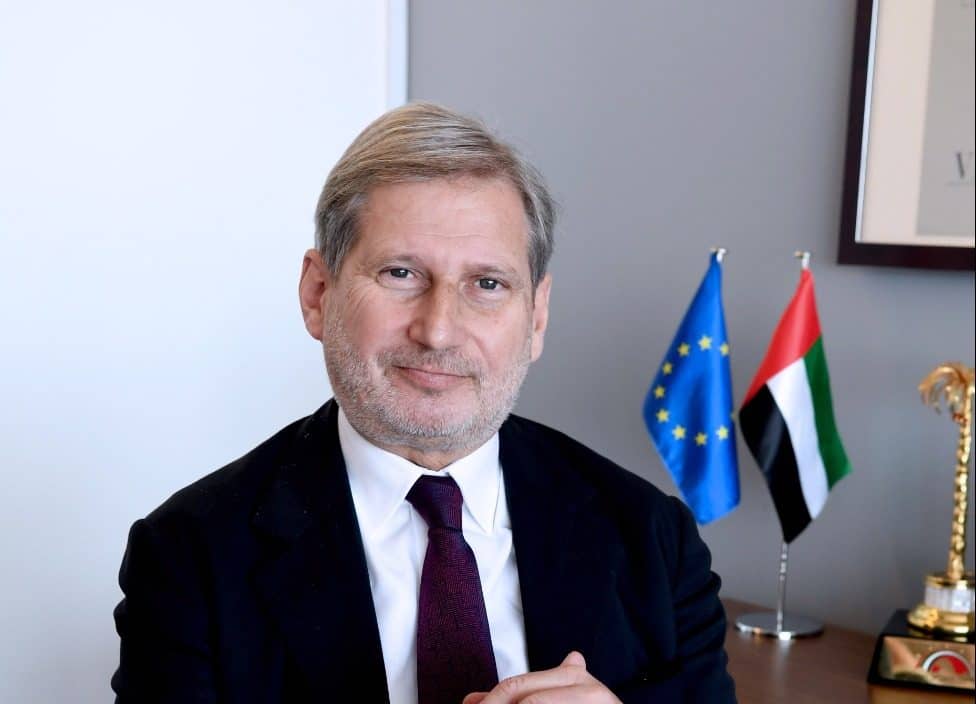EU Commissioner for Budget and Administration Johannes Hahn said the European Commission hopes to attract more GCC investors and financial institutions than the current one percent to fund its €800 billion ($917.07 billion) NextGenerationEU program.
The Program is a temporary recovery instrument to help Europe repair the immediate economic and social damage brought about by the COVID-19 pandemic.
Its focus is to direct investments mainly into green transition and digitalization from now till the end of 2026.
Since June 2021, the European Commission has rolled out five issuances and raised around €71 billion in long-term EU-Bonds, and short-term EU-Bills.
“I have to admit that the engagement of the [GCC] region is still below our expectations. So far, the share on all these issuances [from GCC investors and financial institutions] is around one percent. There is much more potential as we are sharing same interests,” Hahn, who was on a business trip to the UAE, told the local media.
The EU Commissioner explained that a potential lack of knowledge about the European Union and how it works, and its tasks and legislations could be the reason behind the slow response.
However, “sharing the same assessment and views” when it comes to climate change and the need for green transition can be a driving force behind attracting more investors from the Gulf region, said the commissioner.
“Talking to colleagues and partners at least for the time being here in the UAE, there is a huge interest in green bonds and green transition,” Hahn explained.
“I think GCC countries go hand in hand with the EU to lead by example, to invest in green transition,” he emphasized, adding that this can be a very profitable business with at least 2 million jobs expected to be created across Europe by 2026 because of the program.
“It is about the future of sustainable investments and here in the Gulf region, they have similar approach and understanding. That’s why we should join forces,” he added.
On 12th October 2021, the European Commission issued its first-ever NextGenerationEU green bond, raising a total of €12 billion ($13.76 billion) that will be used to fund green and sustainable investments across the EU members.
“The money we raised was by far the biggest amount of green bonds being raised in one issuance globally,” Hahn said, adding that the Commission intends to raise at least €250 billion ($286.58 billion) in green bonds out of the total €800 billion by the end of 2026.
He also highlighted the UAE’s key role in green transition as the host of COP28 in 2023.
“It’s not by chance that the UAE will host COP28 in 2023. For this, we have also discussed closer cooperation. We have agreed about all the climate targets, but now we should focus on how to achieve these targets,” the EU Commissioner said.
“That is only possible if we are all [the global actors] invest in green transition.”
One of the EU’s targets is to make Europe the first climate-neutral continent by 2050. Meanwhile, the UAE’s response to climate change is to decarbonize its economy and achieve net-zero emissions by 2050.
According to Hahn, the NextGenerationEU’s €800 billion package, combined with the EU’s Multiannual Financial Framework (2021-2027) of €1.2 trillion ($1.38trillion) will see investments of at least 30 percent in green projects and 20 percent in digitalization.








